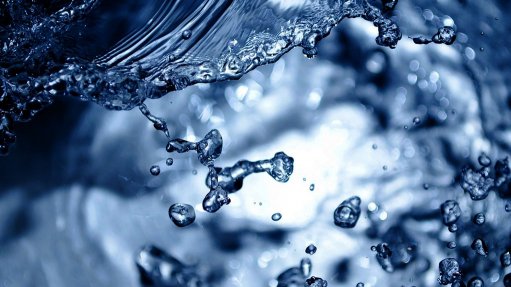
TRIED AND PROVEN WKL Environmental Solutions uses the return activated sludge process to achieve desired standards of sewage treatment
Owing to climate change globally and increasing droughts recently being experienced in South Africa, water treatment industries are in a steep growth phase, which have triggered the need for more cost-effective technologies for industry.
“Smaller, more efficient and cost-effective technologies need to be developed to meet demands and, to date, reusing treated effluent has been one of the easiest and cheapest ways to ease the situation,” says wastewater solutions provider WKL Environmental Solutions GM Kevi Levin.
Consequently, it is important for wastewater treatment plants to make use of modernised equipment and materials that further aid efficiency, he adds.
WKL is exploring membrane bioreactor technology that is featuring in overseas markets, but in the meantime, WKL uses the tried and proven return activated sludge process, which has undergone much research in developing sewage treatment plants that can achieve the desired standard of treatment within economic boundaries while maintaining plants at a high technical standard.
Levin mentions that WKL is one of a few companies in the waste sector to offer sewage treatment plants of all sizes to all market sectors. Its product range can treat from 1 000 ℓ/d of effluent, for plants with small domestic applications, up to millions of litres of effluent for municipalities.
WKL also uses a global system for mobile communication (GSM) monitoring network on all plants as an optional extra, which provides instant feedback on power outages or excess flows for clients and maintenance crews.
“We have made great inroads into the Western Cape and we are involved in 12 different projects, including for residential estates, service stations, farms and container plants for schools. We are also about to design a sewage treatment system with a lifestyle brand company for a residential development in the Pilansberg Game Reserve, near Pretoria,” Levin mentions.
He adds that WKL is constantly researching and developing new concepts to improve and optimise its sewage and wastewater treatment plants, such as solids traps, grease traps, GSM monitoring and low-level noise systems.
Further, the company undertakes continual in-house training and develops courses to suit new technologies that are also developed or introduced in-house.
Members of manufacturing staff are regularly sent on various artisan courses to expand their skills as required.
Levin concludes that construction of a second WKL manufacturing plant is being planned in the Western Cape to reduce transport costs and enable trained staff to travel to all WKL branches to assist and monitor standards.